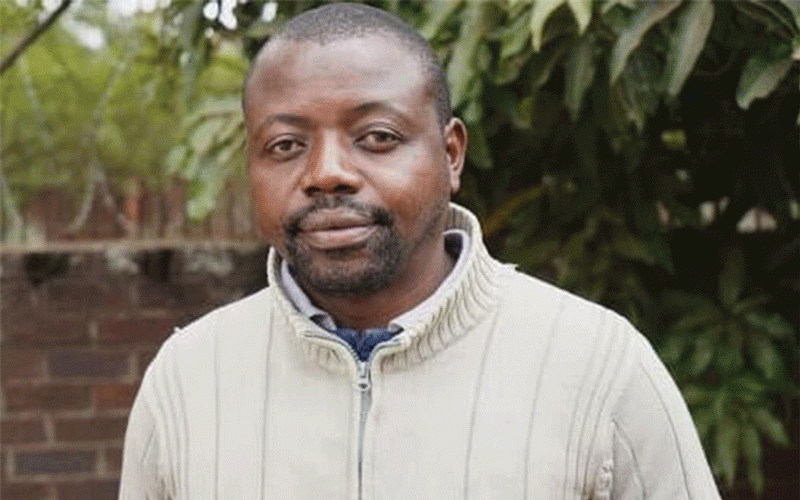
AN ARMED robbery that occurred this week at a Mukuru money transfer outlet in Bulawayo city centre was disturbing in more ways than one.
However, most worrying was the fact that the perpetrators of the crime carried AK47 assault rifles, guns, many of us have long associated with the army and the police. Hardly ever did we imagine that one day in our lives these guns would be used by robbers in broad daylight in one of the country’s largest cities.
The first question that pops up is how and from where did those robbers obtain the assault rifles?
Of late there has been a worrying trend of robberies involving people linked to our police and army. All these robberies involve guns. Although authorities, here and there, dissociate their personnel from these crimes we would have thought that it would have been more prudent for the authorities to thoroughly investigate such allegations and stem the scourge before it morphs into a major crisis.
When guns start to proliferate unchecked, it is easy for a nation to turn into a breeding ground for armed criminal gangs.
If our security forces are not extremely troubled by these robberies involving arms of war, then God forbid. This is, indeed, a serious security threat that should not be taken lightly and no stone should be left unturned in rooting out the culprits.
The Bulawayo incident also speaks to general law enforcement gaps in this country and the precarious state of security, in that: How was it possible for the robbers to carry out the heist with no police officers the vicinity of the crime scene? What is the country’s police to citizens ratio, anyway?
If our law enforcement system was up to scratch and inclusive of its citizens, a prompt alert to the police with the description of the get-away vehicle and the direction the robbers had taken could have resulted in an immediate chase by police officers patrolling the Bulawayo central business district.
- Chamisa under fire over US$120K donation
- Mavhunga puts DeMbare into Chibuku quarterfinals
- Pension funds bet on Cabora Bassa oilfields
- Councils defy govt fire tender directive
Keep Reading
But, of course, that is utopia and Zimbabwe is a country that is barely managing to pay the police officers a living wage, let alone equip them with appropriate gear and vehicles to fight crime.
In 2007 Zimbabwe was said to have about 50 000 police officers per every 351 000 inhabitants, translating to seven officers per every 1 000. The United Nations recommends that there should be one police officer for every 220 inhabitants.
Although we are not advocating for over policing, we are of the conviction that if our police officers were more visible and constantly patrolling our streets and environs to curb crime instead of sauntering about waiting to engage in running battles with vendors and opposition activists as they are notorious for, such serious crimes as the Bulawayo robbery would not be happening in broad daylight.
Many citizens now fear the police who have gained the unenviable notoriety for beating them up each time they protest over simple bread and butter issues currently gnawing at them. If relations between the police and the people were cordial and informed by tenets of nationhood, such robberies would not be happening.











